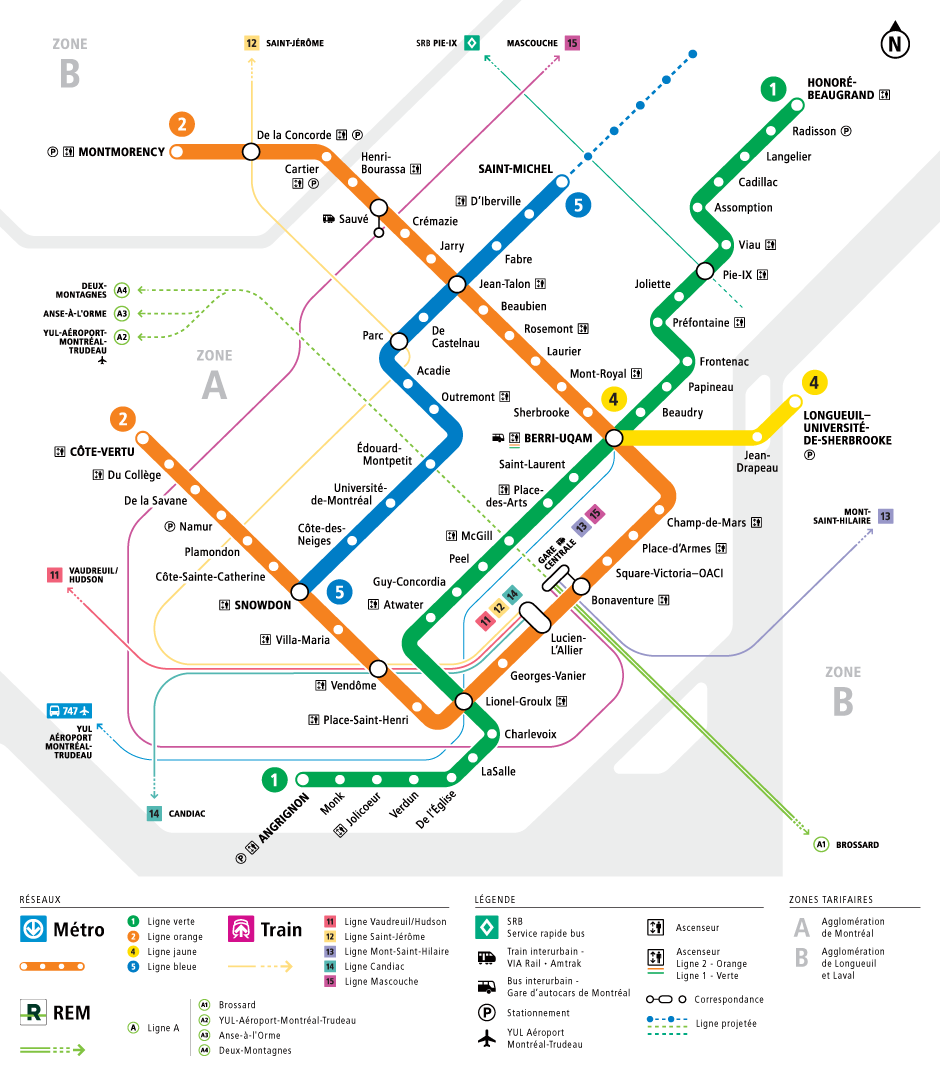
Introduction
Metro Montreal is a crucial component of the public transportation infrastructure in the Greater Montreal Area, serving millions of commuters each year. As the backbone of the city’s transit network, the metro system not only facilitates daily commutes but also contributes significantly to the local economy and environmental sustainability. In this article, we will explore the latest developments concerning Metro Montreal, including recent expansions, improvements in service, and the importance of this public transit system in the context of urban mobility.
Current State of Metro Montreal
The Montreal Metro, operated by the Société de transport de Montréal (STM), is one of the oldest metro systems in North America, having opened in 1966. As of 2023, the system comprises four lines and a total of 68 stations. The metro has seen substantial investments in recent years aimed at modernizing and expanding the network.
Notably, the recently inaugurated Énergie Positive Project is designed to enhance energy efficiency in metro operations, with initiatives such as regenerative braking systems, energy recovery, and solar-panel installations at selected stations. These advancements are expected to significantly reduce the metro’s carbon footprint while maintaining high service levels.
Recent Developments
In 2023, the STM announced improvements in service frequency due to increased demand post-pandemic. During peak hours, trains now run every 3-4 minutes, significantly reducing wait times for commuters. The STM is also investing in better accessibility features for those with disabilities, including elevators and tactile guidance systems at more stations.
Additionally, a major expansion project known as the REM (Réseau express métropolitain), although separate from the metro, will provide further integration with the existing metro lines. This new light-rail network will connect the south shore and northern suburbs to downtown Montreal, enhancing the overall public transit experience.
Conclusion
Metro Montreal remains a vital asset to the city, reflecting a commitment to modernizing urban transportation and promoting sustainable practices. With ongoing improvements in service frequency and accessibility, alongside significant investments into energy-efficient technologies, the metro is poised for a promising future. Commuters can expect to enjoy a more efficient and user-friendly experience. As urban populations continue to grow, Metro Montreal’s role in supporting efficient and eco-friendly transit solutions is likely to expand further, making it a central focus for city planners and residents alike in the years to come.



